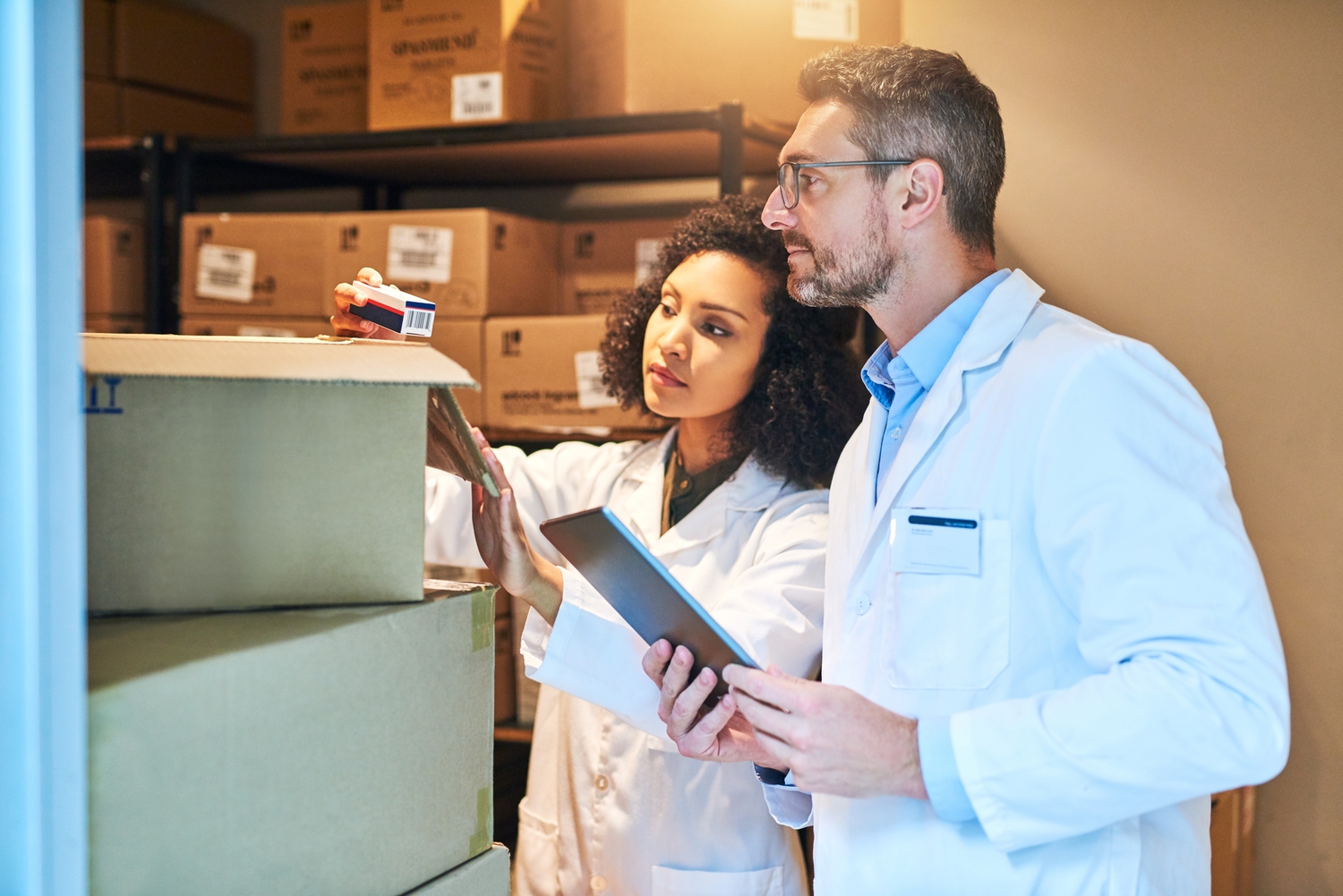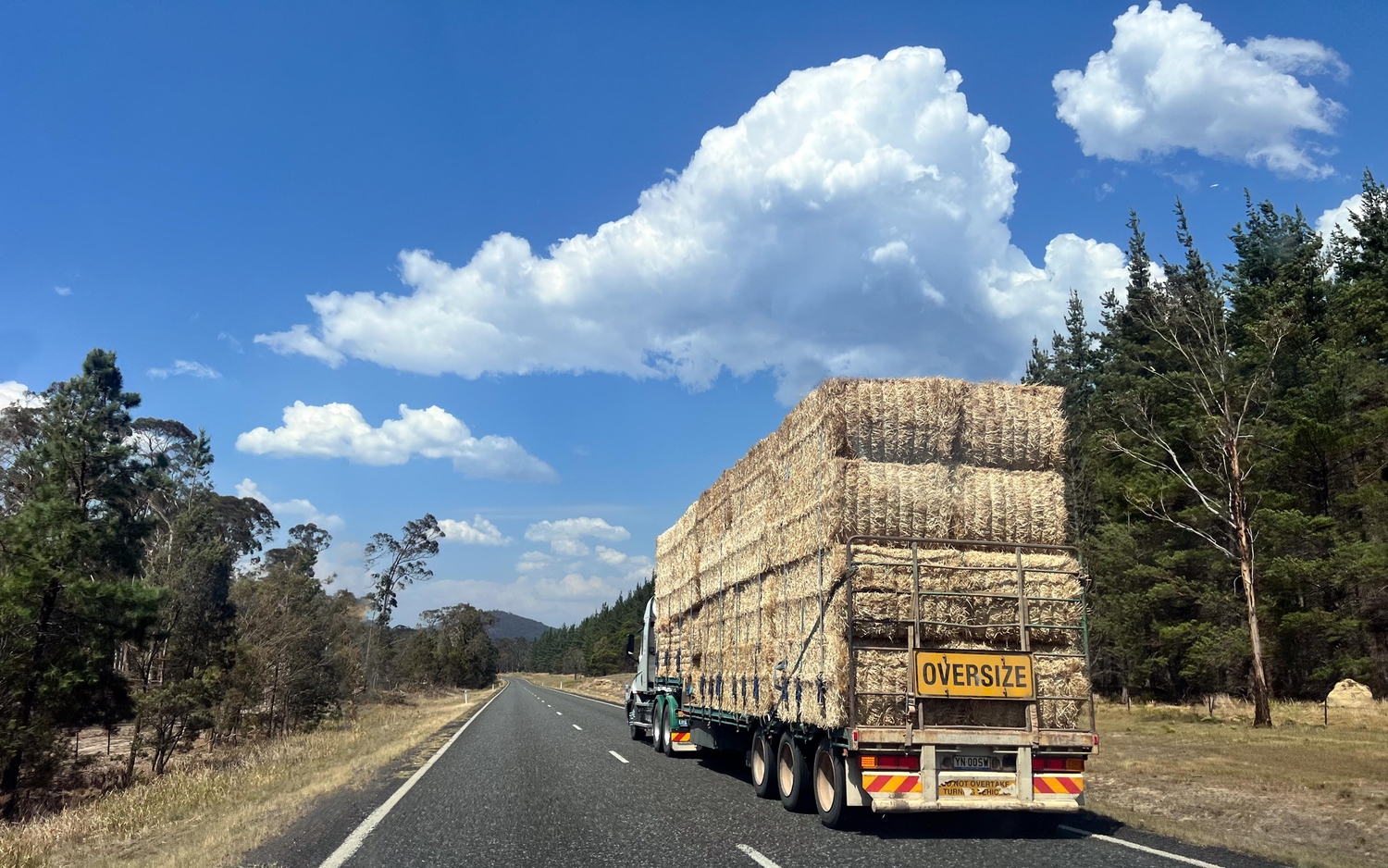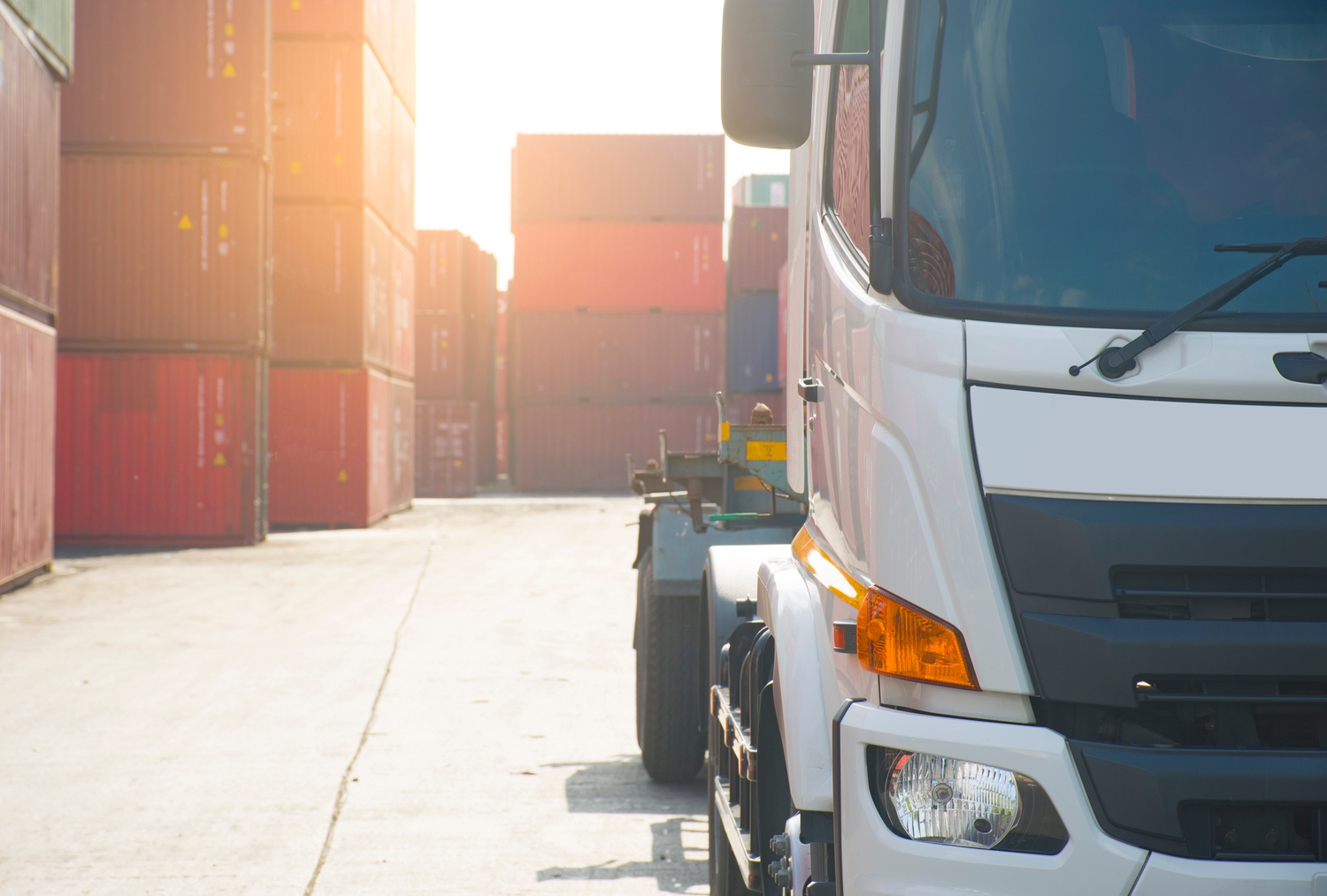

As with other business sectors, logistics is not immune to the climate emergency. This is a huge challenge for companies in a sector that is one of the largest emitters of greenhouse gases. How is the industry making the transition to a greener future? Here are some explanations from the experts at AURIS Finance, a consultancy specialising in mergers and acquisitions.
The logistics sector is currently undergoing a profound revolution. The goal is to maintain a high level of performance, while moving towards sustainability and ethical solutions.
Making the supply chain greener
While consumers are increasingly concerned about the environmental and social impact of their purchases, companies have strong legal obligations in terms of impact as well. Consulting firm McKinsey notes that “two-thirds of a company’s environmental, social and governance footprint is attributable to suppliers” and that “strong action by purchasing managers can make a decisive difference to sustainable development”. Companies are now paying close attention to where their purchases come from, and are passing on the responsibility to be virtuous to their suppliers.
Optimisation and innovation
Most operators in the logistics sector are now striving to make their solutions greener. Reducing transport-related carbon emissions, minimising waste and optimising the use of resources are just some of the issues the industry is tackling. Logistics professionals are innovating and embracing technological advances, using automation and artificial intelligence in their supply chains. These are ground-breaking innovations that make it possible to ensure the traceability of supplies and optimise transport flows thanks to real-time geolocation. All of these developments are directly relevant to measuring the impact of client companies. It will be much easier for a logistics company to attract customers if it can accurately assess the cost of its environmental commitments.
Creating value
However, the environmental impact of the logistics sector is staggering. According to Statista (2020), in the e-commerce sector alone, logistics accounts for 2% of global greenhouse gas emissions, freight transport for 13% and packaging for 45%. It’s hard to completely overhaul a way of working that has been in place for decades. Logistics professionals are taking small steps towards improvement, by making their fleets greener or using cargo bikes for last-mile deliveries. In France, the development of this type of solution is still in its infancy, while the demand for packaging and transport is on the rise.
Mergers and concentrations
The industry’s major players are now looking for innovative solutions. They are working with leading innovators in recyclable packaging. Similarly, in the transport sector, large groups are acquiring smaller companies or entering into strategic partnerships. The Scania Group, for example, has joined forces with Sennder, a road transport brokerage platform. The newly created unit, called Juna, is tasked with developing a solution integrating the use of electric trucks.
Our experts at your side
Logistics companies with innovative solutions are under particular scrutiny by industry giants. AURIS Finance’s experts are specialised by sector. They will assist you throughout your acquisition or sale.


